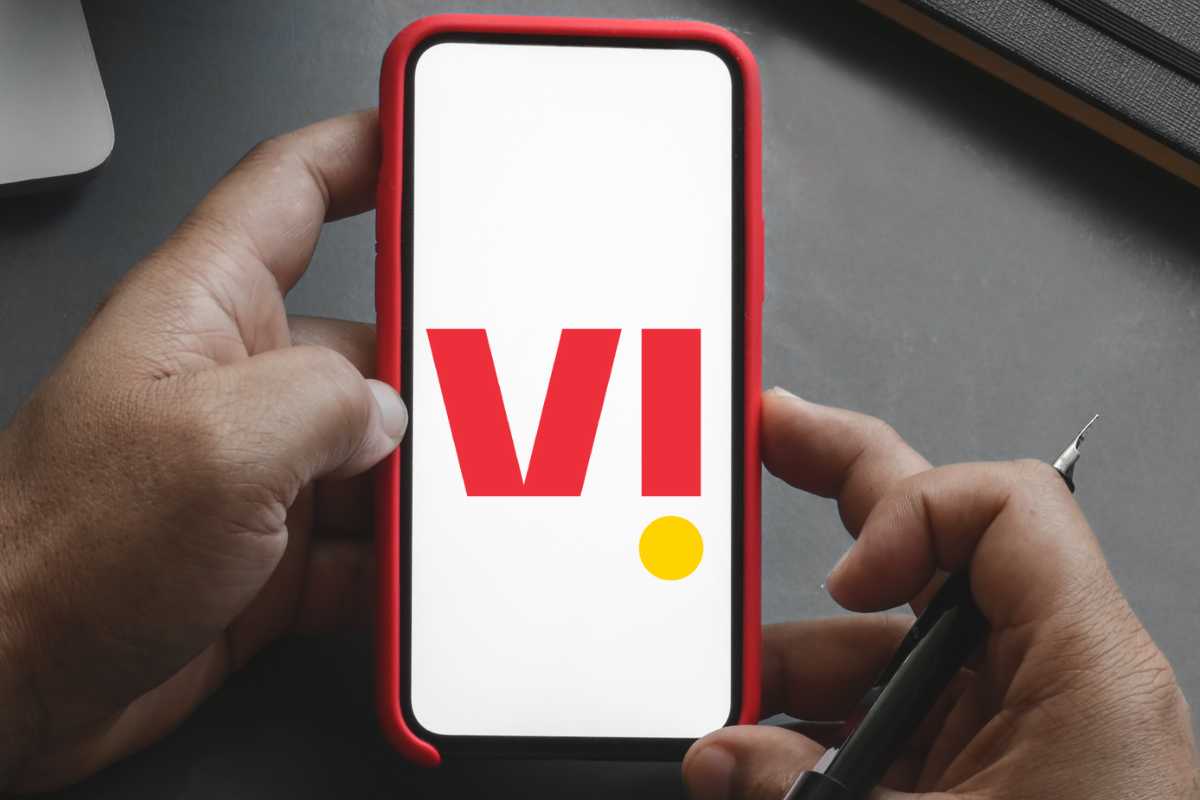Vodafone Idea Crisis
Already, some private lenders with a funded exposure have started making provisions, but a bulk of the exposure is to the banks in the public sector. If VIL fails to repay the dues it owes to the governments and the guarantees are invoked, then it will immediately turn into debt and might soon be categorised as a non-performing asset. The take on public sector banks will not be huge as their exposure as lenders have been demanding a higher cash margin from Vodafone for the guarantees. Notably, IDBI is claimed to have up to 40% margins for the guarantee provided. This will be large to wipe out profits for many. When it comes to banks, the debt recovery is contingent on Vodafone Idea’s operation and retaining customers. The company continues to have close to a quarter of the Indian market. But this situation might witness changes overnight if there is a default. As per the bankers, the process of insolvency works when there are buyers. In this case, Rs. 53,000 crore AGR dues are a deterrent to the Centre. What’s worth mentioning is that this is despite Birla being ready to write down his equity.
Will Vodafone Idea Clear Debts?
The Centre cannot make an exception for a company, which makes the government dues unavoidable. In the insolvency cases, the telecom department claimed its dues to be that of a financial creditor though there are attempts to make them operational. The challenge is there is uncertainty over the telecom department’s claims that are being experienced by lenders in the insolvency case of Reliance Communication. Lenders do not want to disk insolvency as this might end up in the exit of customers as in the RCom case. Besides the debt obligations of the company being 1.5% of the banking sector’s credit, VIL is a large telecom infrastructure provider, claim lenders. Many business applications use their networks, and it is one of the largest IoT service providers as well. As per a bank executive, insolvency could be a worst-case scenario as customer migration will be a risk.
